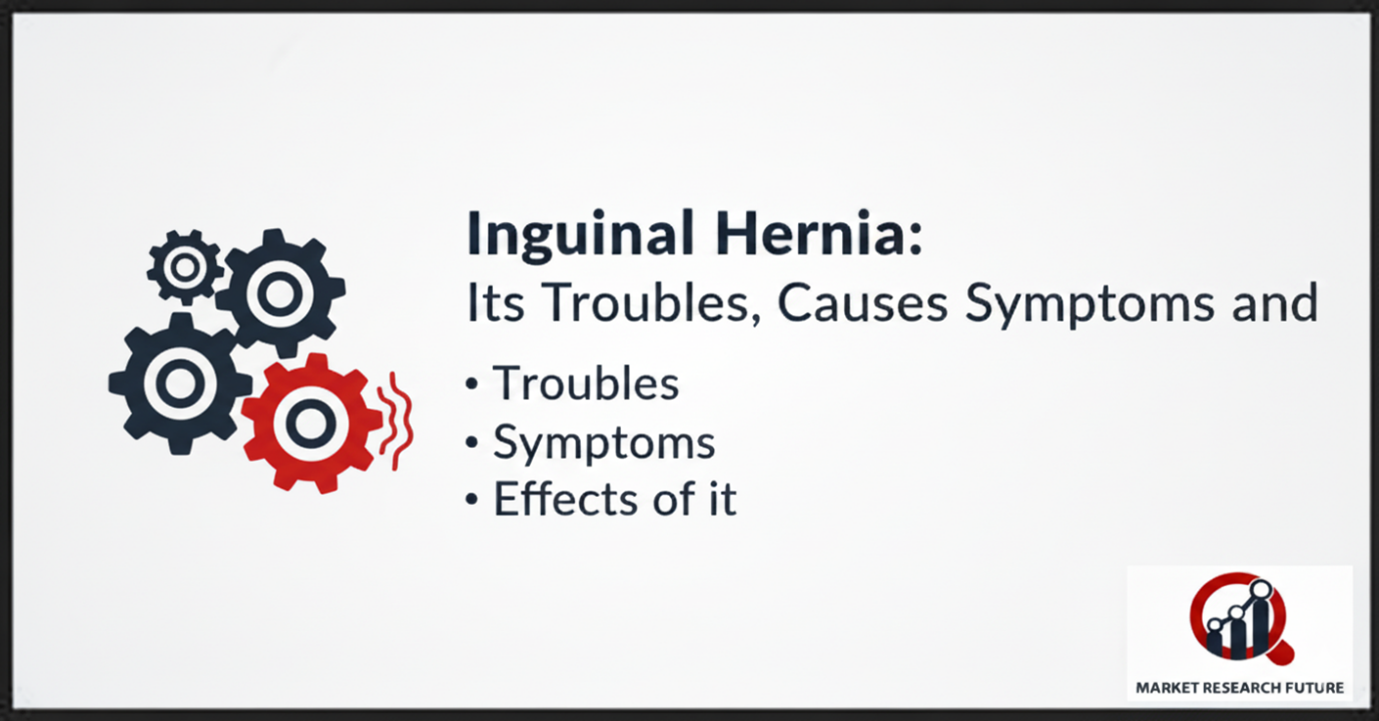Inguinal Hernia: Its Troubles, Causes, Symptoms and Effects of it

Inguinal Hernia: Its Troubles, Causes, Symptoms and Effects of it
When weak muscles in the lower abdomen let a part of the intestine or tissue push through, it causes an inguinal hernia, which is a common condition. It may not always be dangerous, but it can be uncomfortable and, if not treated, can lead to serious problems. Surgery may be needed for severe or growing hernias, but mild cases may only cause mild pain.
The Various Signs of Inguinal Hernia
• A bulge in the pubic or groin area that is easy to see and gets bigger when you cough, bend, or lift.
•A burning or aching feeling around the bulge.
•Pain and discomfort in the groin that gets worse when you move around.
•A sensation of heaviness, pressure, or weakness in the lower abdomen.
•If the hernia goes down, it may cause swelling or pain in the testicles in men.
The Consequences of Inguinal Hernia in Children
Even babies and very young children can get inguinal hernias. This is usually because their abdominal wall isn't strong enough or hasn't grown enough. It might be easier to see when the child cries or pushes. Babies may seem cranky, not eat well, or cry a lot because they are uncomfortable. It's very important to get medical help right away to avoid problems.
Can you stop a hernia from happening?
Some hernias can't be stopped, but you can lower your risk by living a healthy lifestyle:
• Eat a balanced diet and exercise regularly to keep your weight healthy.
• Eat foods high in fiber to avoid constipation and ease pressure on your stomach.
• Don't lift heavy things the wrong way—bend your knees, not your waist.
• Stop smoking because it makes muscles weaker and can make hernia symptoms worse.
When to Talk to a Health Professional
If the bulge gets painful, red, or hard, or if you feel sick, have a fever, or have trouble with your bowels, get medical help right away. Getting diagnosed and treated early can help you avoid problems and get better faster.
In conclusion
An inguinal hernia can happen to anyone, from babies to adults, but being aware of it and getting care right away can make all the difference. Recognizing symptoms early and getting the right treatment can help you stay healthy and feel better for a long time.

Leave a Comment